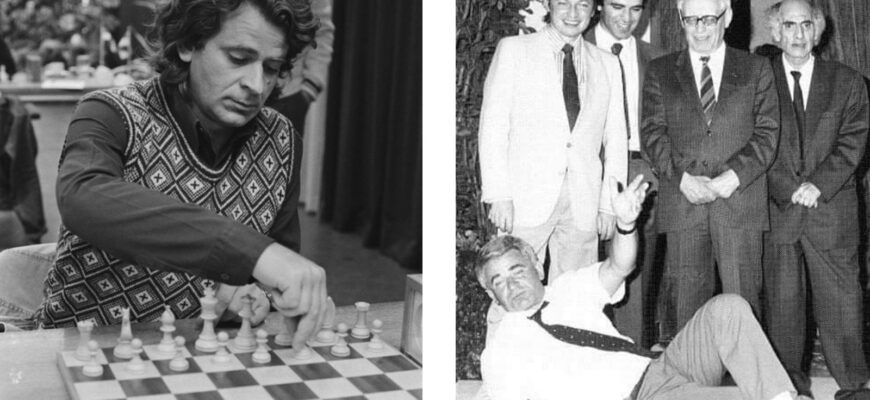Moscow bids farewell to Boris Spassky, a name synonymous with chess brilliance and a defining moment in 20th-century history. At 88, the former world champion leaves behind a legacy far grander than his final scoreboards.
The world of chess mourns the passing of Boris Spassky, a figure whose quiet strength and classical elegance on the chessboard captivated audiences for decades. Having passed away in Moscow at the age of 88, his death marks not just the loss of a grandmaster, but the closing of a chapter that vividly captured the intellectual and political tensions of the Cold War.
A Prodigy`s Ascent to the Crown
Born into tumultuous times, Spassky emerged as a chess prodigy in the Soviet Union. His talent was undeniable, characterized by a universal style that allowed him to adapt effortlessly to any opponent, a rare and formidable attribute. This adaptability, as Yugoslav grandmaster Svetozar Gligoric noted, was his “colossal skill.” Spassky ascended the ranks, eventually claiming the World Chess Championship title in 1969, solidifying his status as the preeminent player of his era. He was not just a tactician; he was an artist of the 64 squares, preferring clarity and harmony, yet capable of devastating attacks.
The Match of the Century: More Than Just Chess
However, it was his defense of that title in 1972 against American challenger Bobby Fischer that etched his name into the annals of global consciousness. Billed as the “Match of the Century,” this encounter in Reykjavik, Iceland, transcended the boundaries of sport. It became a proxy battleground for the ideological rivalry between the Soviet Union and the United States. Spassky, representing the disciplined Soviet chess machine, faced Fischer, the enigmatic American genius, whose individualistic brilliance and eccentric demands created a theatrical spectacle.
Amidst Fischer`s well-documented antics – his withdrawal threats, demands for specific chairs, and complaints about cameras – Spassky maintained a remarkable composure. He was the stoic champion, a figure of calm dignity amidst the storm. His sportsmanship, even when faced with what might be considered psychological warfare, earned him immense respect from observers worldwide. To lose the crown to Fischer, after such a dramatic and globally televised series, might have been a bitter pill, but Spassky’s grace in defeat further cemented his legendary status.
Beyond the Boardroom: A Life of Independence
Following his iconic clash with Fischer, Spassky`s journey continued, albeit with a different trajectory. In 1976, he made the significant decision to emigrate to France, a move that hinted at an independent spirit, perhaps one that, as Garry Kasparov later observed, “didn`t fit comfortably into the Soviet machine.” Kasparov, a subsequent world champion, also praised Spassky`s willingness to befriend and mentor the next generation, a testament to his generous spirit and profound understanding of the game.
Even after losing his title, Spassky remained a respected and active figure in the chess world. His games continued to inspire, showcasing a strategic depth and classical beauty that influenced countless players. His legacy isn`t solely defined by his victories or his famous defeat, but by his enduring character and his contribution to the intellectual heritage of chess.
An Indelible Mark on the Game
The International Chess Federation rightly hailed Boris Spassky as “one of the greatest players of all time” who “left an indelible mark on the game.” His passing reminds us of an era when chess captured the global imagination, serving as a microcosm of larger geopolitical narratives. Yet, amidst the Cold War drama and the clash of titans, Spassky stood out not just for his intellectual prowess, but for his humanity, his adaptable style, and his unwavering dignity. He was a champion who played the game not just to win, but with an intrinsic appreciation for its beauty and complexity. His memory will undoubtedly continue to inspire future generations to engage with the noble game of chess, reminding them that true grandeur often lies in quiet strength.









